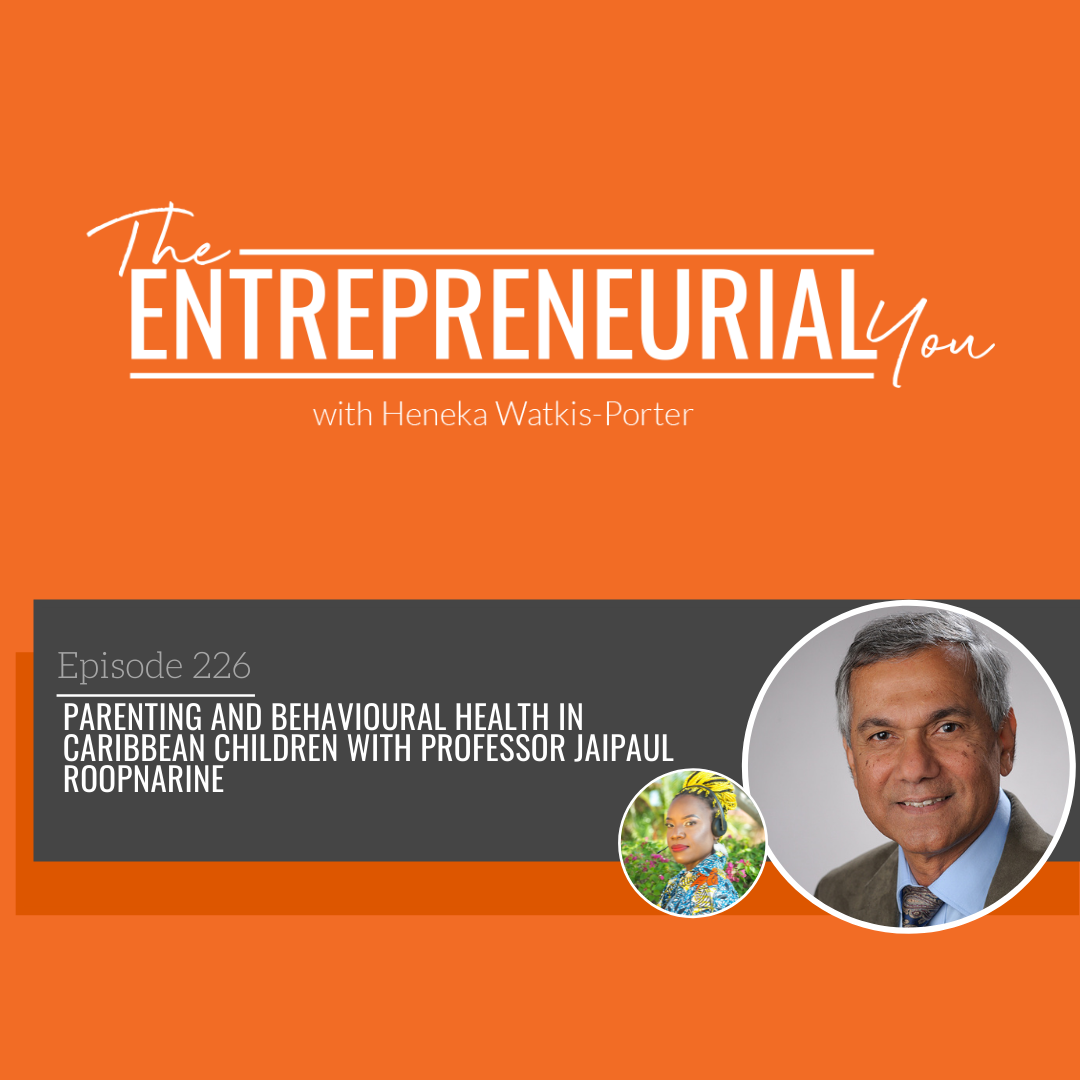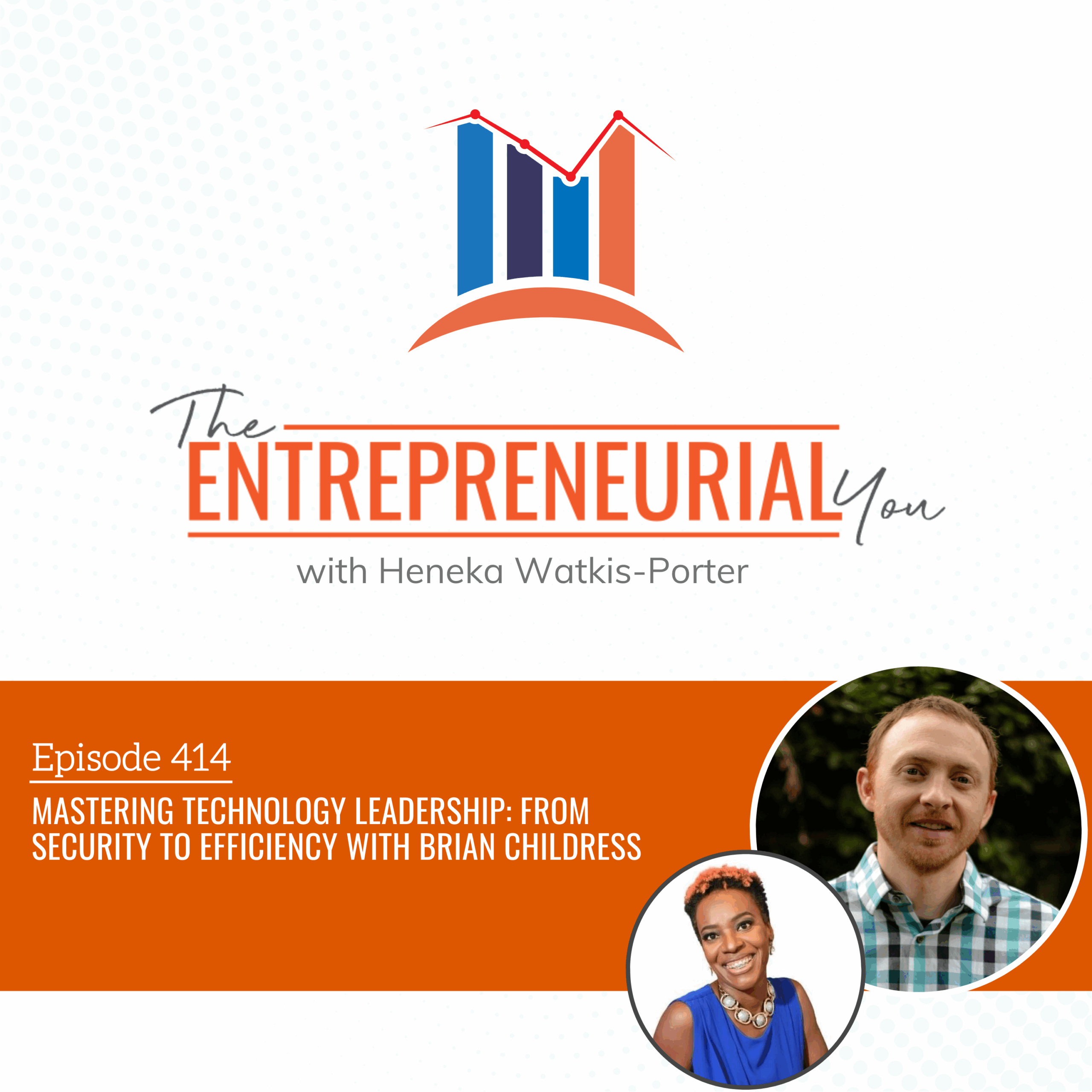This week we pick up with the presentation from Professor Jaipaul Roopnarine on Parenting And Behavioural Health In Caribbean Children. Professor Roopnarine is Professor of Human Development and Family Science, University of the West Indies, St. Augustine, Trinidad and Tobago.
Here are three reasons why you should listen to the full episode:
- Learn more about what has been happening globally with children’s mental/behavioral health since the onset of the Covid-19 Pandemic.
- Learn about Parental practices in the Caribbean and its effects as well as learn about how home environments affect children.
- Learn about positive parenting and how it can benefit children’s development and mental and developmental health.
Episode Highlights
Children have been mentally affected by the Pandemic
- Children just like adults have been victims of the Covid-19 Pandemic and have been facing mental and behavioural issues such as Frustration, Boredom, separation fears ,clingy behaviour, Anxiety and Depression among other things. However, they have been demonstrating resilience and use activities such fantasy play and artistic expression to cope with the lock downs that have come as a result of the Pandemic.Things that contribute to this resilience include demonstration of attitudes of gratitude,forming trusting relationship with adults and expressions of hope and love for reassurance.
Parenting Practices and Environment affects children’s behaviour.
- In the Caribbean there are several different parenting styles, parental practices and environments and each of these are risk factors for childrents mental and behavioral development.Parents basic goals are for children to develop a sense of agency and communion to help them develop and cope in society however, in Caribbean society children combat issues such as crime and violence, harsh parenting, neglectful parenting, separation usually due to migration, parental instability, poverty, suicide,substance abuse , natual disasters and more recently the pandemic.
- While research shows that many caribbean children’s self assessment of happiness is high there are also concerns that are alarming as some children fear abuse whether physically or sexually and a percentage of them have already experienced both forms of abuse as well as psychological aggression from those around them.
- Research shows that there are two groups of parents in the Caribbean and Suriname. They can be understood as high in warmth and low in harshness which usually produces optimal behavioural development in children while the other is high in warmth and high is harshness which usually places children in a place for behavioural and academic difficulties.
- Caribbean parents use 4 main parenting styles: Authoritative Democratic, Autocratic, Permissive and Neglectful/uninvolved. Research in the Caribbean revealed that over ⅓ of parents use the Authoritative democrartic style, 20% use an Authoritarian style with a smaller percentage proving to be permissive. However the neglectful category had an alarming rate of about 30% across the different countries. These different parenting styles produce different behavioural patterns in children that can range from healthy to unhealthy in terms of internal and external behaviours.
- While discipline is very important to children’s behavioural development as it helps to instill their understanding of right and wrong the act of discipling ones child in the Caribbean can sometimes be harsh and Professor Roopnarine explored ways in which this happens in the Caribbean region versus other nations as well as its effects both in the homes in wider society and suitable alternatives.
- Professor Roopnarine also highlighted the high exposure to violence and crime that Jamaican children face and how Intimate Partner violence has increased during the period of the pandemic and has also been severely affecting children. Children in these situations are often victims of violence themselves and experience a lot of stress and tension and demonstrate internal and external behaviors of trauma and are sometimes victims of neglect.
Recommendations to improve Behavioural Health in Children
- Professor Roopnarine recommends that there be discussion around topics such as physical punishment at home and at school to seek alternative methods of discipline because of its long lasting effects on children’s behavioural and mental health.
- He also recommends that relationship skills education classes need to be implemented for men that focus on things such as communication and emotional intimacy between couples as well as parenting programs for both mothers and fathers that emphasize active engagement that will foster healthy behavioural patterns in children.
3 Powerful Quotes from This Episode
“Hope is at the heart of resilience.”
“Depending on your parenting style you are affecting the behavioural health of your children.”
“Physical punishment is very harmful to children and that includes psychological aggression.”
About Professor Jaipaul Roopnarine
Professor Roopnarine is the Pearl S. Falk Professor of Human Development and Family Science. He is Professor Extraordinary of Developmental Psychology, Anton de Kom University of Suriname, Paramaribo, Suriname, and research scientist at the Family Development Centre at the University of the West Indies, St. Augustine, Trinidad and Tobago.
He has served as a consultant to the Roving Caregiver Program, a home-based intervention program implemented in several Caribbean countries to improve early parent-child relationships and children’s cognitive and social skills, and assisted in the revision of the national early childhood curriculum for the government of Guyana. He was a Fulbright Scholar at the University of the West Indies in Trinidad and Tobago and also an Indo-U.S.-Subcommission Professor of Psychology at the University of Delhi, India, the Nehru Distinguished Visiting Professor at Maharaja Sayajirao University of Baroda, Gujrat, India, minority scholar in residence at The Pennsylvania State University, and held visiting appointments at the University of Wisconsin, Madison, Cornell University, The City University of New York, and The University of the West Indies in Jamaica.
Have specific questions? You can reach out to Professor Roopnarine via email at jroopnar@syr.edu or contact him at any of the following:
Pearl S. Falk Professor of Human Development
Department of Human Development and Family Science
Syracuse University, Syracuse, New York
Professor Extraordinary of Developmental Psychology, IGSR
Anton de Kom Universiteit van Suriname, Paramaribo, Suriname
Enjoy this Podcast?
Family processes and behavioural health focuses on the well being of children and their behaviour and behavioural health focuses on the mental well- being of individuals and their ability to function in everyday settings. Therefore, Behavioural health is equal to mental health and consistent warm sensitive engagement as well as considering a child’s input tends to promote behavioural health and positive parenting can result in sensitively attuned engagement which fosters academic and social skills and insulates children from risks associated with neighbourhood violence and other environmental related issues.
If you enjoyed today’s episode of The Entrepreneurial You, hit subscribe and share it with your friends!
Post a review and share it! Also if you enjoyed tuning into this podcast, then do not hesitate to write a review. You can also share this with your family and friends, and colleagues, so they can feel empowered and encouraged to pursue their business.
Have any questions? You can contact me through email (henekawatkisporter@gmail.com) or find me on Facebook, Twitter, Instagram, and LinkedIn. Thanks for listening!
For more updates and episodes, visit my website. You may also tune in on Apple Podcasts, Google Podcasts, Stitcher, and Spotify.
Signup for a free 14-day trial using my affiliate link. Whether you are an SME, Agency or Enterprise, eClincher is for you. Sign up today.
Grab your FREE Guide: How to use – and benefit from – Ease Magnesium, the super supplement for everyone.
Stay inspired,
Heneka













